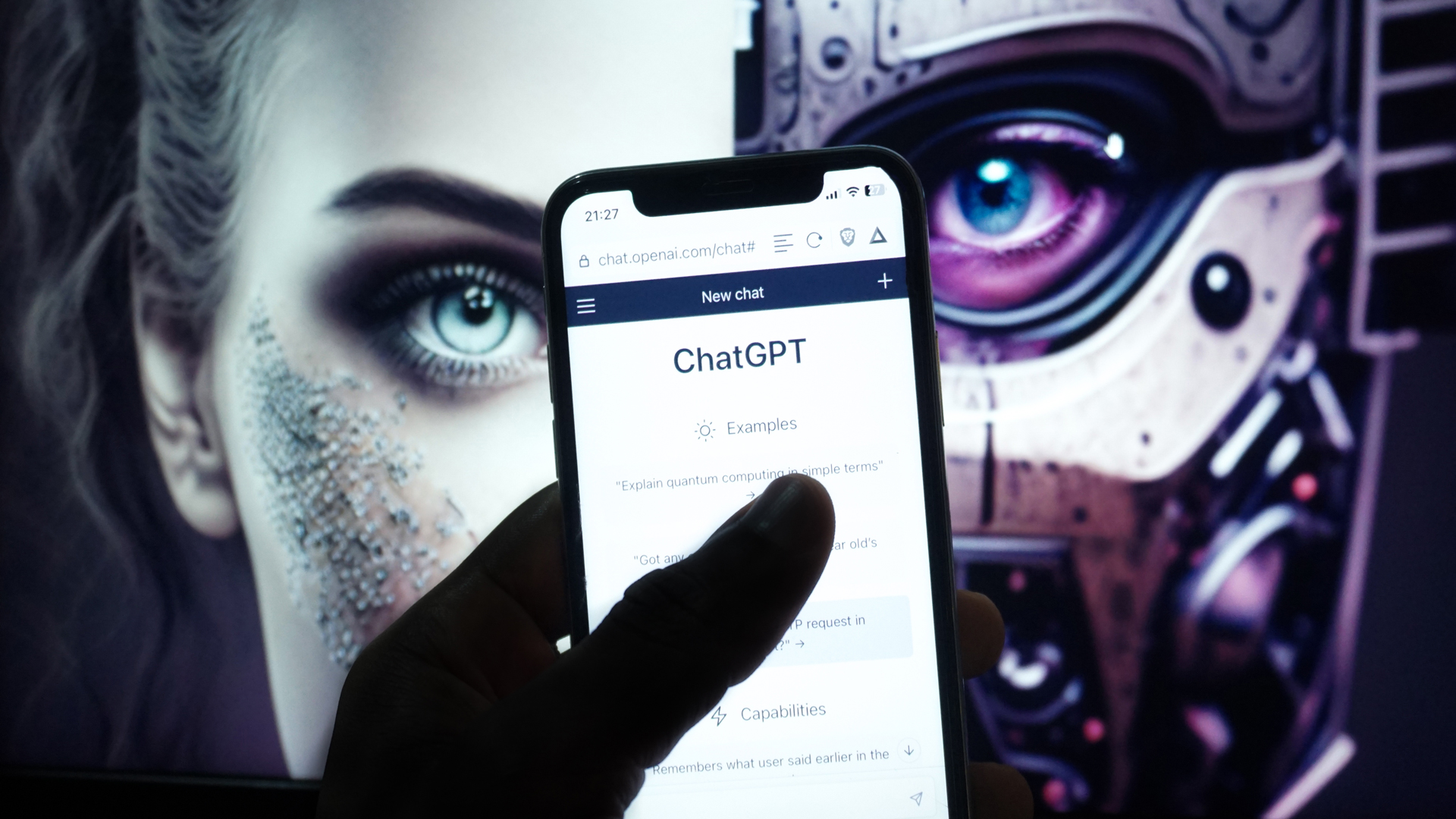
- A new study suggests that people sometimes sound like a lot of chatigat when they speak
- The proof of this is in their words and phrases
- This change can flatten the emotional newborn and give each one the same voice
Have you recently heard of TED, or maybe with a friend who teaches in a college, tells you about their plans to get into a new circle and encourage you to be more expert in an activity? There is an opportunity that they are near the spirit of Chat GPT. Or maybe just spent a lot of time interacting with AI chat boats.
Researchers at the Max Planck Institute for Human Development believe that the latter is becoming a real trend. They have released a new Report Pointing that the linguistic change has begun after the release of Chat GPT. Experts and other lectures are starting to raise their voice like AI, their speech contains some words that are often found in AI-ledcaded text, such as complex, experts, Delo and in the circle.
Researchers analyzed 280,000 educational YouTube videos in more than 20,000 channels. It was easy to find this change, more than 50 % pop pops with some words. And these are not AI-written scripts, they are just educated people who are inadvertently pulling from the AI dictionary. Even if they are using EMDs, it is difficult to say, but they may be well hidden in those words.
I should also say that using these words does not mean that they are being affected by AI writing. I can point to writing my decades, which uses all the examples of the words in precise because they feel provocative and interesting.
Ai thesorus
It may seem like a minor problem, but it can potentially cause a deep problem. Researchers found that the words affected by AI were not just too often, they were replaced by more clear, less structural language. One that might have been a passionate, complicated argument once would become dim and anti -septik. Eliminating the structure from our language and defaulting the everlasting phrases, worse, can reduce color, emotion and regional prices that we speak how we speak. The linguistic diversity does not develop on the automopel.
Even this can mean decreasing our etiquette. There is a debate about whether it is able to be polite for AI chat boats. Do you say “please” to Chat GPT or thank you to Gemini? Conversation is a conversation. If we are largely broses with AI, it will bleed how we talk to other humans, and the world will feel a little less friendly.
At the same time, it is difficult to fully resist. If you are trying to write a paper or trying to complete a deadline, Chat GPT can be a useful co -author. It writes clean and often is directly and even invasive in its analysis. But the trade -off is a sound that is often nervous in a long form, even though it is nothing. And if you often trust it, that sound becomes yours.
It is worth noting that we have seen this style before. Technology has always created the language. The Telegraph encouraged Brevyti, and the telephone made “Hello” a standard greeting. Texting gave us lol and rofl. Twitter called us “hashtag” in a loud voice, while in the original conversation with emojis, people call people a “smiling face”. We are imitating something because it is natural, but because we are now trained to expect.
It is difficult to lose the irony of creating AI chat boots to imitate humans, only to start AI’s imitation for humans. Weird, as to consider, you have to pay attention to how you speak and the words you use not to fall into the words of the use of your AI Paul. Find your language unique and find complex research that specializes in the circle of extraordinary idioms.

